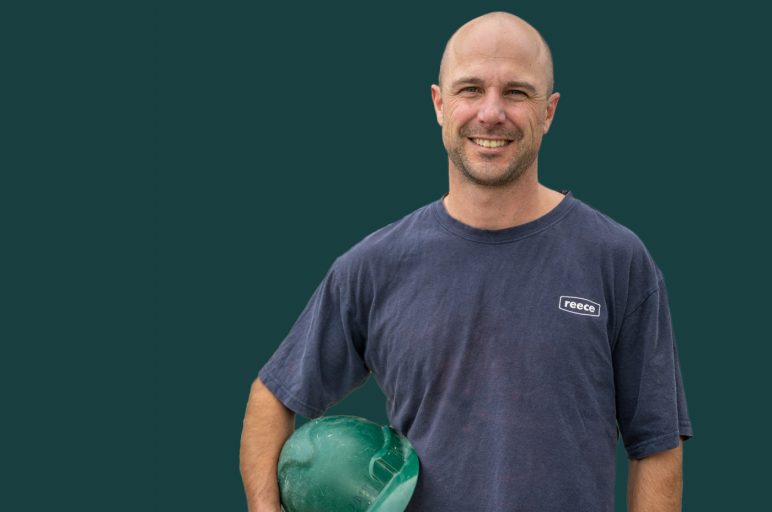Financial advisers can be a valuable partner to have when managing your money. Learn more about what financial advisers do and how to choose a good financial adviser.
The right financial advice can help you to make the most of your hard-earned money and achieve your financial goals.
In this article we look at:
- What is a financial adviser?
- How much is a financial adviser?
- Can I deduct financial adviser fees?
- Is it worth paying for a financial adviser?
- How to choose a financial adviser?
- Should I use a financial adviser or a robo adviser for my investments?
What is a financial adviser?
A financial adviser provides advice on how to manage your money and reach your financial goals. The advice can cover areas such as budgeting, investing, super, retirement planning, estate planning, insurance, and taxation. It should be personalised to your individual situation based on your needs and goals.
A good financial adviser will spend time getting to know you, your current situation, what you’d like for the future and your risk comfort zone. They will create a plan to help you achieve realistic financial goals then stay in touch to keep you informed and help you stay on track.
In Australia, financial planners and advisers must meet the minimum standards of education and training set by the Australian government. This includes formal education, experience, and obtaining a financial services licence.
How much is a financial adviser?
In 2021 the median cost of financial advice was just over $3,500 a year according to the Adviser Ratings 2022 Financial Advice Landscape Report. This includes the cost of both limited and comprehensive ongoing advice. Comprehensive ongoing advice on its own averages about $5,000 a year.
The exact amount you pay will depend on a number of factors such as the kind of advice you want, and the complexity of your financial situation.
Some advisers charge a fixed fee and others charge a percentage of your portfolio.
“Financial advice can be particularly helpful when there’s a significant change in your life.
Fixed fees are the most common. You’re charged a set price for specific services such as preparing a statement of advice or ongoing financial advice, which is usually a monthly cost. This could include reports, phone calls, reviews and emails.
Percentage-based fees are calculated on the total value of the assets in your portfolio. Some also charge a performance fee depending on how well your investments perform. ASIC’s MoneySmart website recommends that, if your adviser charges a percentage-based fee, you ask for the dollar amount as the percentage may seem much lower.
At Stockspot, we believe that investing is one of the few things where paying less is proven to give you better results. We use automation and software to reduce unnecessary costs so our clients can keep more money in their pockets. A $50,000 Stockspot portfolio will only be charged an all-inclusive monthly fee of only $27.50.
Can I deduct financial adviser fees?
You can generally claim a tax deduction on fees paid for investment advice that leads to assessable income, such as the dividends from an investment.
Is it worth paying for a financial adviser?
Good financial advice helps you define your goals and the path to getting there. When it comes to investing, good advice can add more than 3% in performance every year according to the Adviser’s Alpha whitepaper by Vanguard.
Financial advice can be particularly helpful when there’s a significant change in your life, such as buying a home, having a baby, starting a business or preparing for retirement. And, unless you’re an expert yourself, it could make a significant difference to your financial future.
At Stockspot, we believe that selecting the best low-cost products, maintaining the right investment mix, automatic rebalancing and behavioral coaching can increase your portfolio performance, helping you achieve your financial goals.
Some people find that getting financial advice helps them to feel less anxious about money by reducing uncertainty, helping them to settle on the best way to manage their money and work towards financial security.
Asking yourself a few questions could help you to work out how helpful advice might be. For example, it’s true that you could manage your money yourself, but do you have the skills, the motivation or the time to keep on top of it? Do you know where you stand financially now and, if not, do you know how to find out? Are you confident your money is working as hard for you as it could? And are you sure you’re on track for the retirement you want?
How to choose a financial adviser
Should I use a financial adviser or a robo adviser for my investments?
Robo-advice and most human advisers have a fundamentally different philosophy.
Stockspot’s philosophy is transparency, we are less risky than most human advisers as we don’t try to beat the market. We believe in a diversified and well-balanced portfolio that matches a client’s risk and financial goals.
Naturally areas like estate planning and tax structuring require a human adviser because the advice required is highly personalised and needs to be bespoke. However, investing is best left to a low-cost sensible automated solution. Robo-advice makes life easier, cheaper and fairer, therefore it is a better place for your money.







